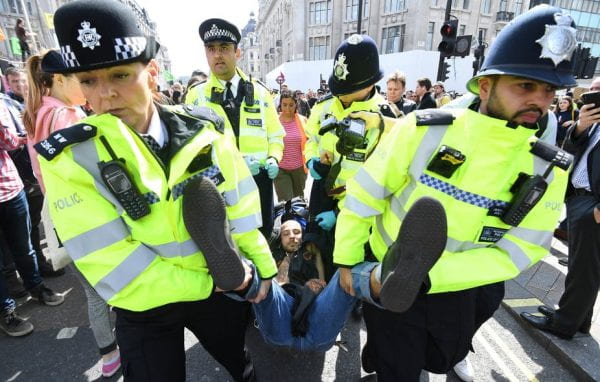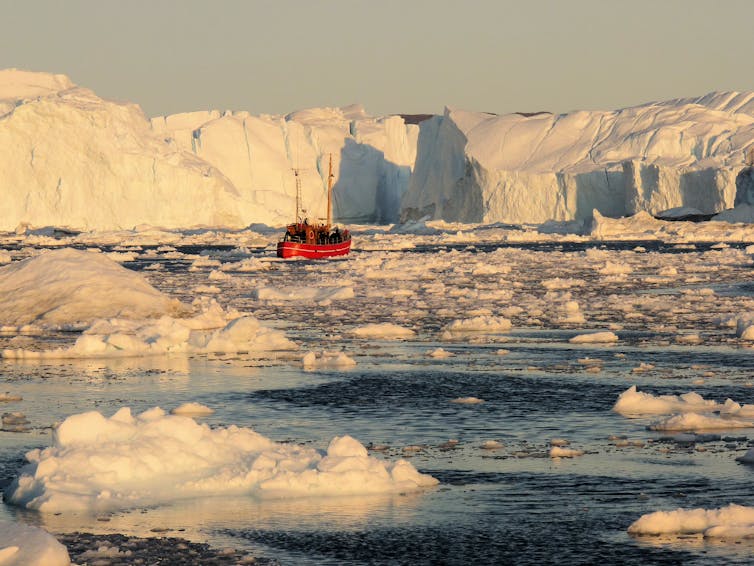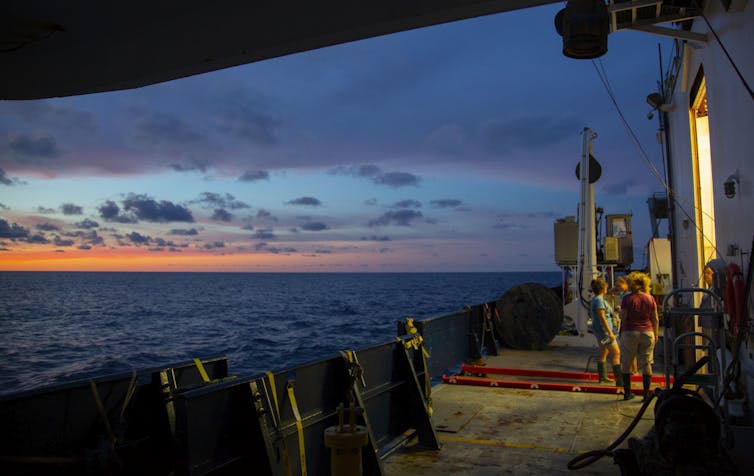This blog post was written by Dr Ola Michalec, a social scientist based at the University of Bristol, researching regulation in the domain of digital innovations for sustainable energy. Ola also serves as a member of the Bristol Advisory Committee for Climate Change and is a member of the Cabot Institute for the Environment.
In the world facing increasingly complex and interdisciplinary challenges, our job descriptions expand to account for new collaborations, duties, and types of knowledge to engage with. Civil servants are now expected to ground their policies in evidence, while scientists are required to translate their findings so that they’re useful to the citizens, industry practitioners or politicians.
Climate action is no different. It comes to life at the curious intersection of activism, political will, market incentives, democratic mandate and, of course, scientific knowledge. As a university researcher, I am on a mission to ensure academic knowledge serves Bristol’s transition to the sustainable city.
An effective collaboration across the worlds of science and policy requires some professional unlearning. Convoluted and jargon-filled academic writing style is not going to cut it if we’re serious about influencing ‘the real world’ (sorry). Similarly, our traditional output formats are simply too long to be accessible for policymakers. I also firmly believe that we ought to advance public debates, rather than solely our respective disciplinary conversations; for that matter we need to invite a broader set of discussants to the table.





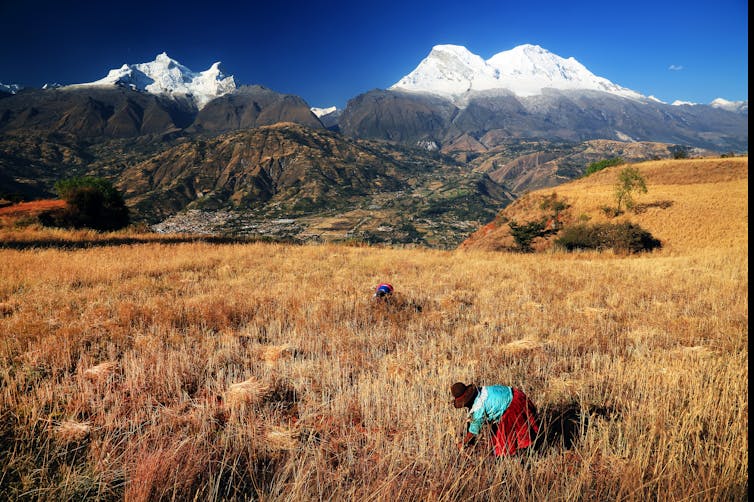
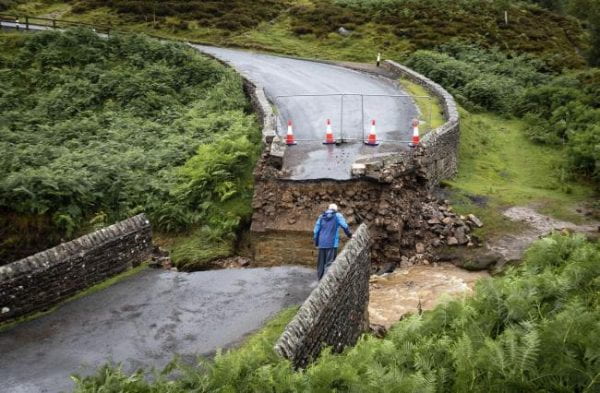 The damaged bridge near Grinton. July 2019 Picture: Danny Lawson/ PA
The damaged bridge near Grinton. July 2019 Picture: Danny Lawson/ PA